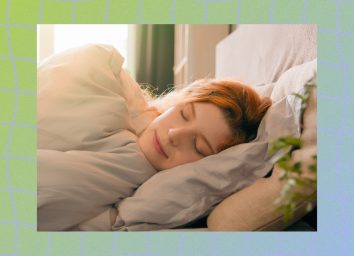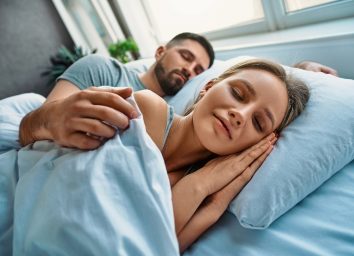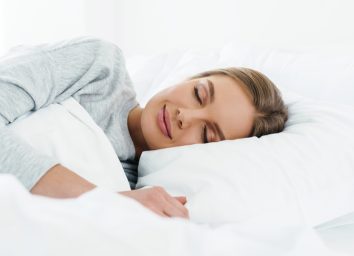The #1 Way You’re Napping All Wrong, Say Sleep Experts
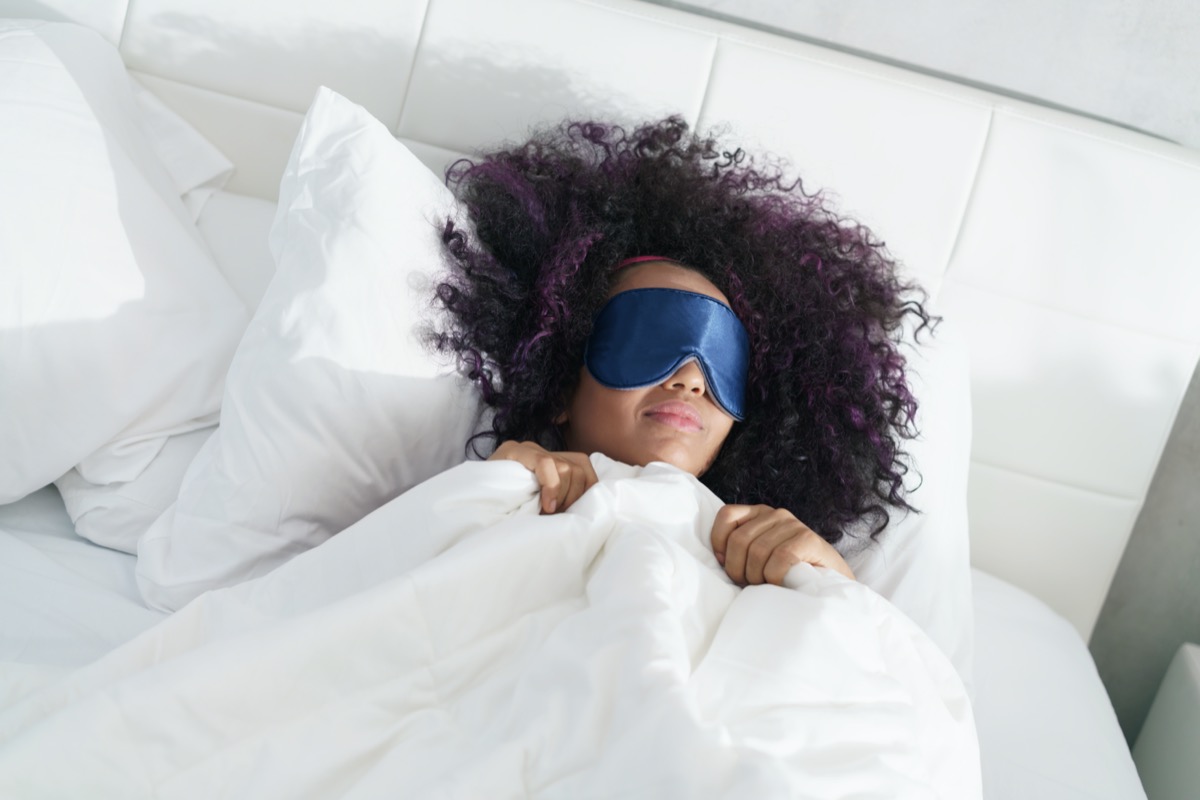
According to data compiled by Pew Research Center, roughly one-third of American adults are inveterate nappers. If you’re among them, you know how refreshing it is to drift off in the early afternoon and wake up shortly thereafter feeling totally recharged. The key to napping correctly, however, is to make sure that you definitely wake up “shortly thereafter”—because if you’re napping for either too short or for too long, you’ll not only find that the nap has no benefits whatsoever, but you also may be setting yourself on the path to chronic sleep problems down the road.
To learn the top way your napping habits can backfire, read on, because we explain it all right here. And for more ways to sleep better, don’t miss The Sex Position That Secretly Helps You Sleep Better, Says New Study.
Always Aim for a Power Nap—Never Longer
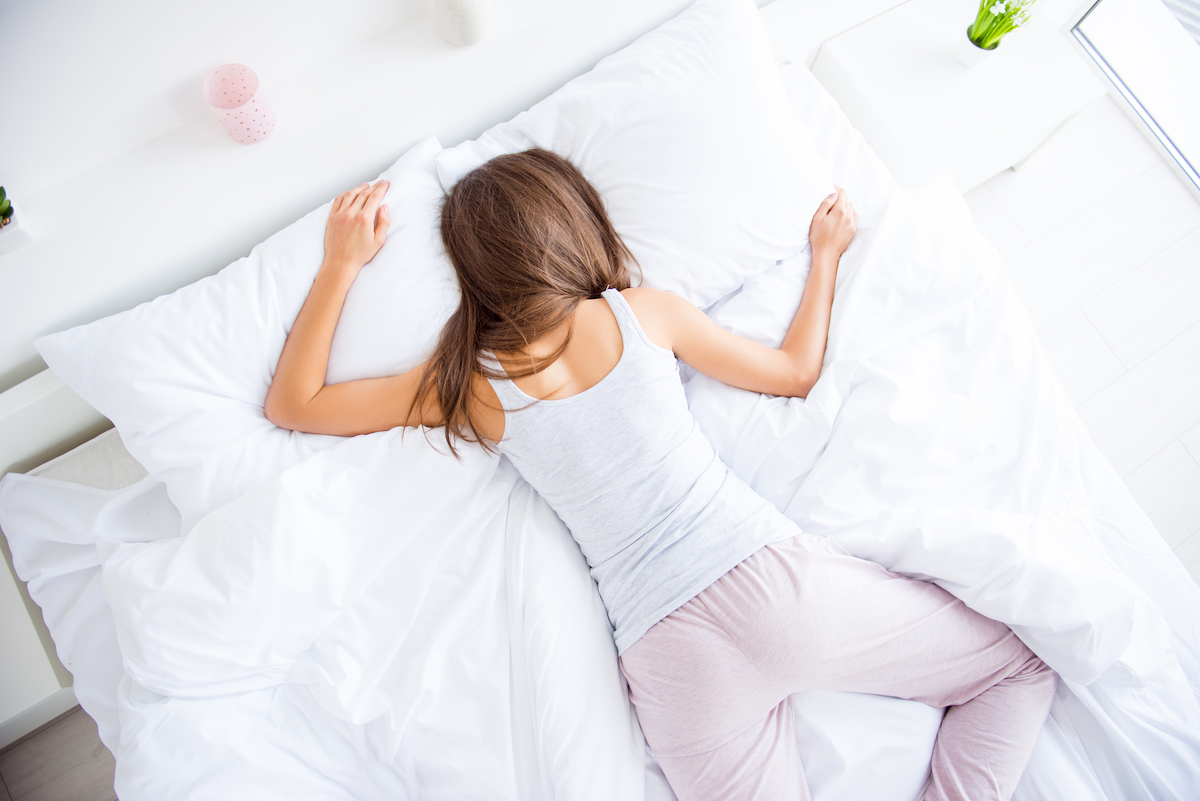
The leading sleep experts agree that if you want to experience the full benefits of napping, you’ll want to confine your naps to under an hour. Have you ever taken a long nap, only to wake up feeling terrible, like your brain is two metal gears that are stuck together and can’t turn? That’s a bad sign.
“Napping for an hour or longer increases your risk of falling into the deep stages of sleep,” writes Nancy Foldvary-Schaefer, DO, MS, of The Cleveland Clinic. “When this happens, you’ll wake up with something we call ‘sleep inertia’ (that groggy feeling where you don’t even know where you are).”
The Cleveland Clinic notes that 15 to 20 minute naps are ideal. However, according to research performed by scientists at NASA, you should aim for 10 to 20 minutes. Among the benefits of taking naps at this length include relaxation, reduced fatigue, improved mood, better reaction time, and increased alertness, says the Mayo Clinic.
Over-Napping Can Lead to Sleep Problems

According to Foldvary-Schaefer, napping for more than an hour can lead you to sleep off too much of your daily “sleep debt.” While sleeping off your sleep debt may sound like a good thing, it’s not in the short or long term. “You start to create this debt from the moment you wake up in the morning. And at some point, you’ll need to sleep it off,” she explains. “If you let yourself sleep that debt off too early in the day, you’ll have trouble sleeping at night.
She goes on: “When night-time sleep is compromised, then your wake times and bed times can start to vary, which may lead to chronic sleep problems.”
Why Naps That Are Too Short Aren’t Necessarily Great, Either
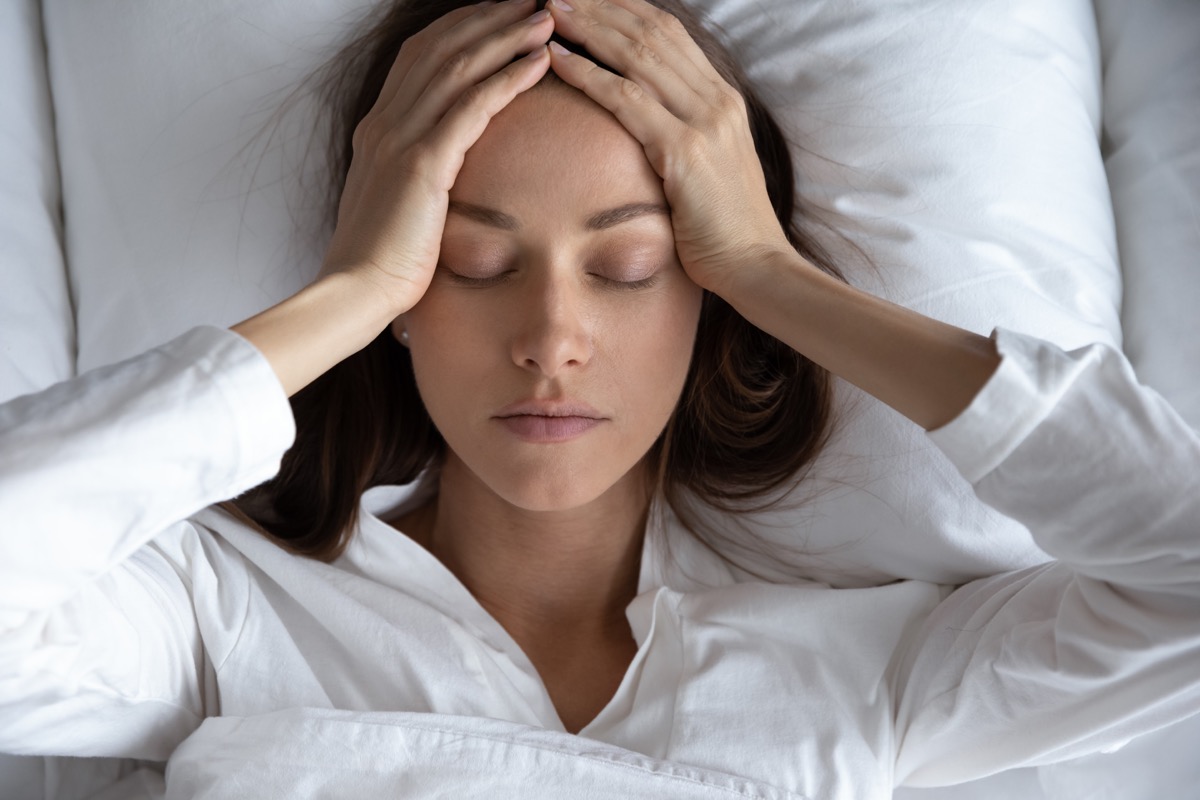
A study published in the journal Sleep tested different afternoon napping durations—5 minutes, 10 minutes, 20 minutes, and 30 minutes—to see which ones were the most effective overall. While the 10-minute nap stood out for its effectiveness in all of the measurements (which included “sleep latency, subjective sleepiness, fatigue, vigor, and cognitive performance”), the 5-minute nap produced almost zero benefits compared to people who didn’t nap overall. For more ways to sleep better starting now, see here for The One Secret Sleep Trick That Can Change Your Life.
Here’s How to Nap

According to the experts at Sleep Foundation, here are all of the steps you should take to ensure a perfect nap: 1) Set an alarm for 10-20 minutes to ensure you hit the right napping window, 2) Nap earlier (napping after 3pm may impact your actual sleep), 3) choose a place that is “dark, cool, and quiet,” 4) practice relaxation exercises that take your mind away from the stresses in your life, and 5) “reflect on why you’re napping.”
In the case of the latter, they elaborate: “Think about what you hope to gain from your nap. When you set intentions, you can plan your nap around those goals.” And if that doesn’t work, consider trying This Easy Trick for “Falling Asleep in 5 Minutes” That’s Going Viral.
